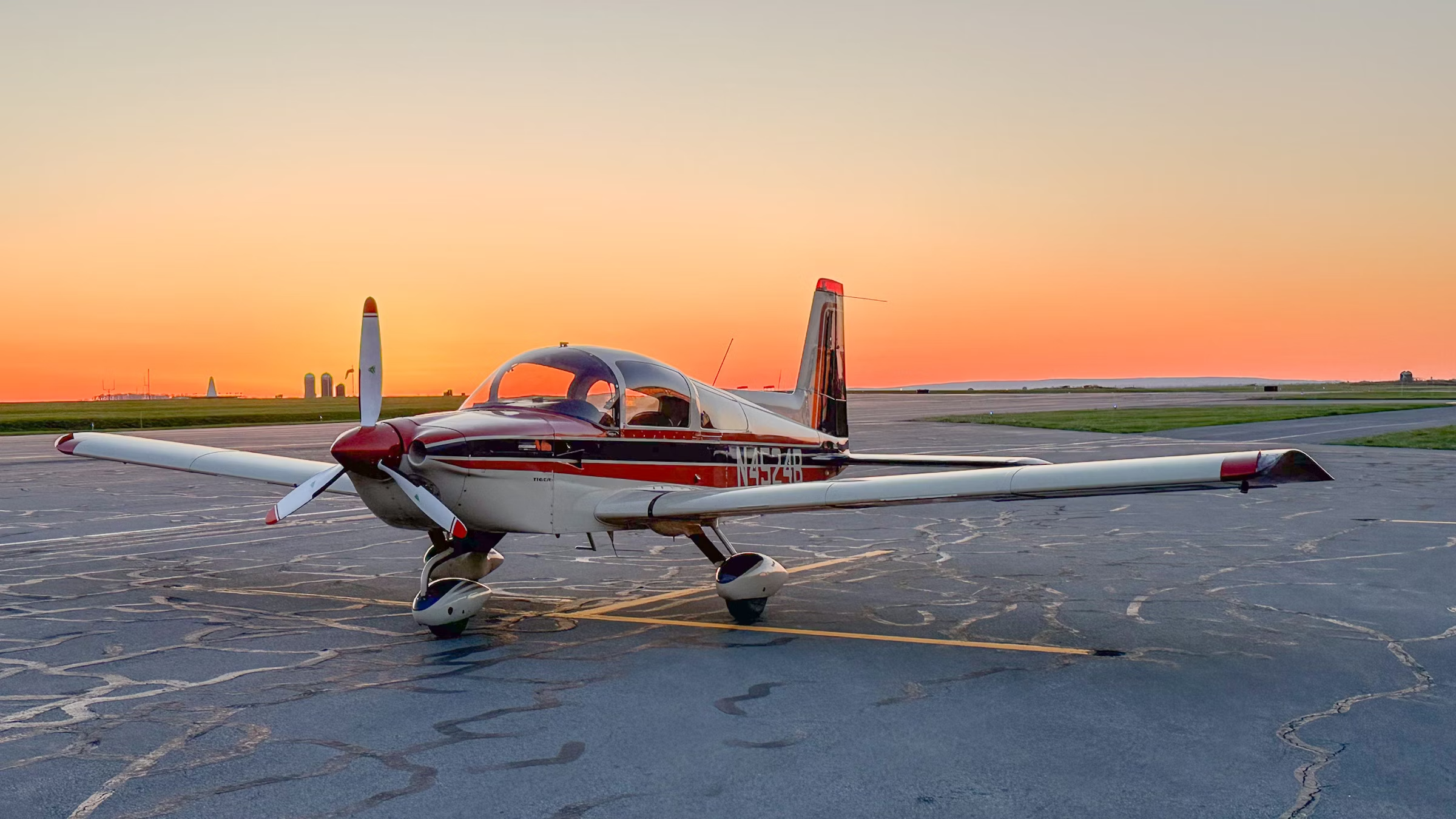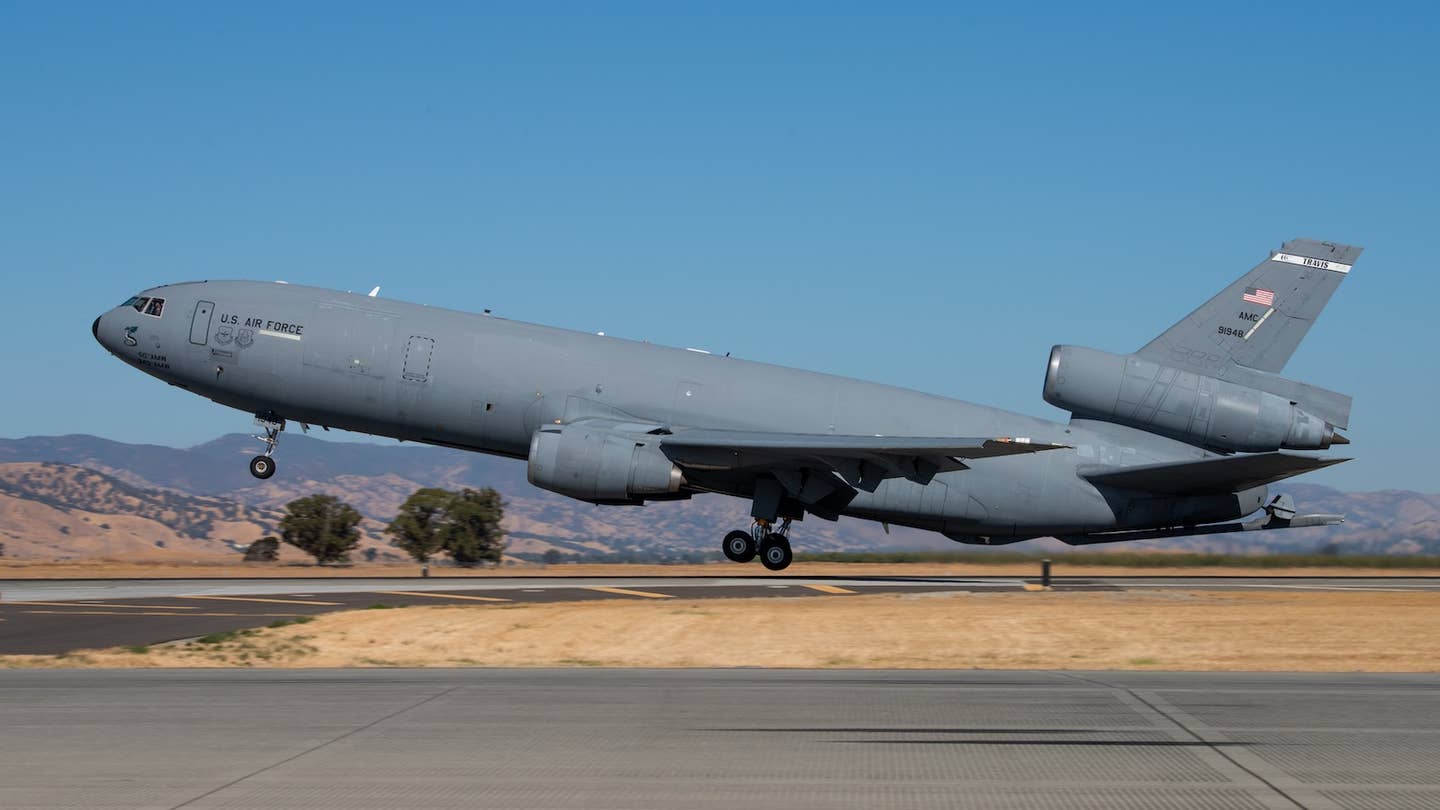‘Optionally Piloted’ Black Hawk Takes a Step Forward
The $6 million in government funding will go toward installing a flight autonomy system in an experimental U.S. Army UH-60M helicopter.

OPV Blackhawk N600PV at Yuma Proving Grounds, Arizona, on October 12, 2022 during Gateway Technology PC22. The uninhabited aircraft made a one-hour flight, carrying human blood in the cabin. [Courtesy: Sikorsky]
Sikorsky, a subsidiary of Lockheed Martin, announced Monday it has received a $6 million award from the Defense Advanced Research Projects Agency (DARPA) to advance its flight autonomy program.
The government funding will go toward installing Sikorsky’s ALIAS/MATRIX (Aircrew Labor In-cockpit Automation System) in a U.S. Army experimental fly-by-wire Sikorsky UH-60M Black Hawk helicopter designated MX.
In July, U.S. military personnel and senior Department of Defense officials watched as Sikorsky and DARPA demonstrated how an “optionally piloted” Black Hawk could be “piloted” by an operator in the cabin or on the ground “by entering high level mission goals via a tablet.”
The goal of the program is to enable U.S. Army Capabilities Development Command (DEVCOM) to “test and evaluate a wide range of autonomy capabilities, from single-pilot operation to fully uninhabited flight,” according to Sikorsky.
“Autonomy-enabled aircraft will reduce pilot workload, dramatically improve flight safety, and give battle commanders the flexibility to perform complex missions in contested and congested battlespace, day or night in all weather conditions,” said Rich Benton, Sikorsky’s vice president and general manager. “Soldiers will rely on Black Hawk helicopters into the 2070s, and modernizing the aircraft today will pay dividends for decades across Army Aviation’s current and future aircraft.”
Editor’s Note: This article first appeared on AVweb.

Sign-up for newsletters & special offers!
Get the latest FLYING stories & special offers delivered directly to your inbox






